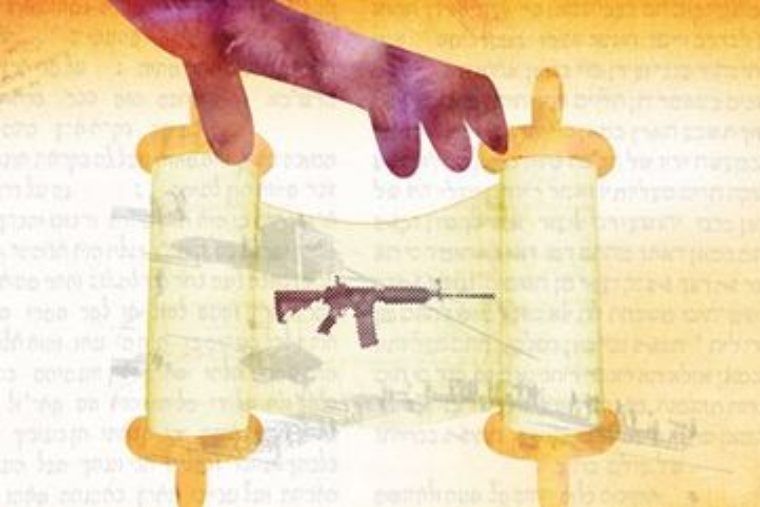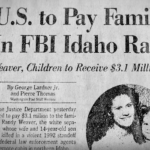Commenter: “G-d delivered the children of Israel from Egypt. But they came out armed. B’shalach 13-18. I suppose Hashem knows a free people are armed and slaves wait for the good will of their masters. If a citizen is restricted access to a certain type or style of firearm, so should the civilian police agencies. Their blood is no redder than mine. Having been a law enforcement officer for 25 years, I know by the time we arrive it is all over with. All that remains is gathering evidence and taking pictures of the bodies. Just as a father should teach his child how to swim, in our world still awaiting the messiah, a father should teach his child how to use a gun.”
Terrible events invite profound soul-searching as to what went wrong and how to prevent similar events from happening again.
The following essay, written in the wake of the Virginia Tech Massacre of 2007, is an attempt to explore these questions through the lens of Jewish law:
We are all devastated by the horror and senselessness of it all. As a rabbi who engages in pastoral work, I—like most of my colleagues—know that the wounds will persist in families and friends and teachers for many years to come; in fact, for lifetimes.
One of the things we have seen is an intensifying of the gun control debate by well-meaning citizens on both sides of the issue. Frankly this creates a debate within ourselves as well. Many of us appreciate and are torn between both approaches to this vexing issue.
As Jews, our teachings tell us that preserving human life is the greatest human calling, and murder the most depraved attack on man and G‑d there can be.
The question is: What does Jewish tradition and law tell us about the best way to preserve human life?
by Shlomo Yaffe


